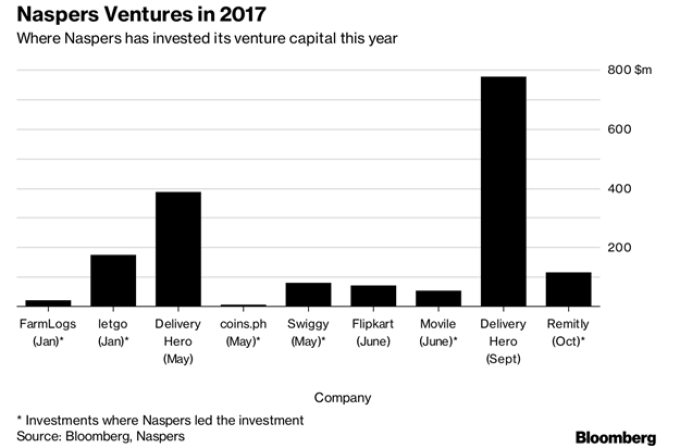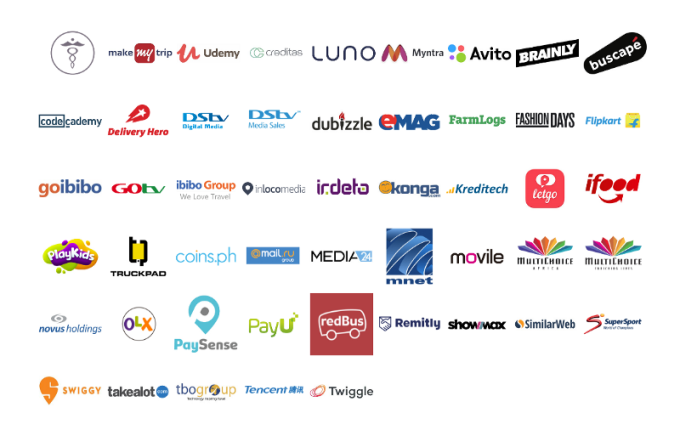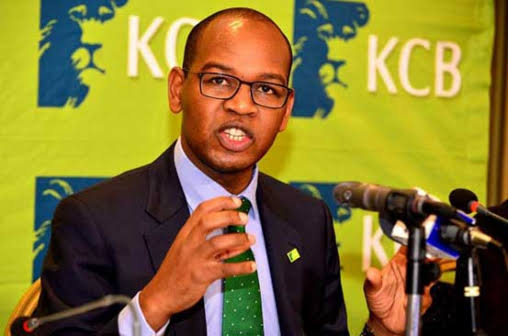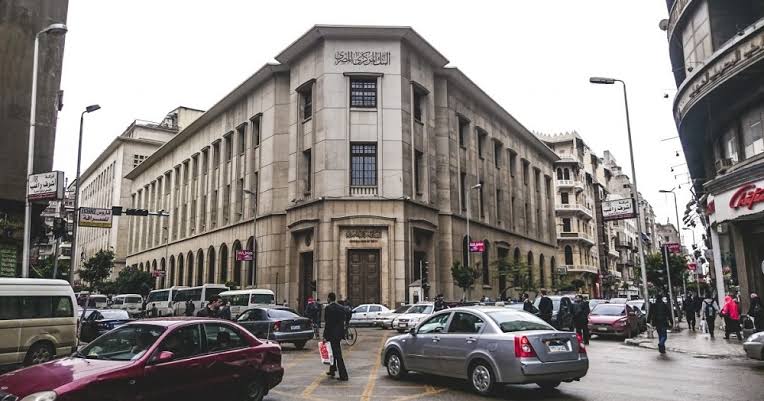African Leadership Should Adopt Innovative Thinking in Job Creation
|
Intellectuals and experts in the field of human resource management from across Africa have urged African leadership to adopt a more innovative approach in efforts at tackling unemployment in the continent. This becomes necessary as innovative thinking about Africa’s conventional employment issues is what takes centrestage at the African Development Bank’s new policy research document titled:Creating Decent Jobs: Strategies, Policies, and Instruments. The report which elicited strong presentations and debate during the Report Launch in Abidjan Cote d’Ivoire attracted senior management of the Bank, diplomats, staff, and media representatives.  Speaking at the event, Mr. Charles Boamah Senior Vice President of the Bank pointed out that the issue of employment is “at the top of the agenda of every African leader”, and said that the report was “the first of its kind in challenging and unveiling some of the misconceptions that many experts have about the nature of under-employment and unemployment in Africa. “The report signals the start of some fresh thinking about the nature of employment creation on the continent and clarifies which development strategies and policy interventions are needed for low-income countries in Africa”, Boamah said. He went on to predict that the report would “serve as a reference document on employment in Africa for some years to come”. Introducing the report, Celestin Monga, the Bank’s Chief Economist, remarked that part of its appeal was in applying innovative thinking to conventional employment issues. For example, one problem identified was that domestic economic progress was often assessed by the allocation of public funding to priority sectors or by analyzing the number of reforms carried out to improve the business environment. In this context, he observed that several of the world’s top-performing countries had low rankings for the ease of doing business. He also remarked that the official unemployment figures of many African countries were so unrealistically low that policymakers found it difficult to explain how demand for labor in markets was so buoyant. Africa was also the world region with the highest proportion of its workforce in vulnerable employment, which served to hide rather than clarify the essential issue of employment in Africa. A new model for measuring employment that related to actual conditions in Africa was needed, he said. The report should also be seen as a manifesto for African jobs. Finally, he praised the painstaking work of his co-editors, and particularly recommended a focus paper written by Andinet Woldemichael, principal research economist, entitled “The Missing Women in African Labor Markets” in the report. In the face of rapidly growing populations and heightened risks of social unrest or discontent, jobless growth was the most serious concern for African policymakers, said Abebe Shimeles, manager in the Chief Economist’s complex, who spoke on the highlights of the report. “One problem”, he added, “was already well known – that employment and unemployment needed to be more closely defined in their relative context, a task that had already caused difficulties in other development finance institutions. Traditional labour market economists were not capable of accurately defining the particular African employment phenomenon”. In addition, he pointed out that the status of the ministries of work or labour in many African countries was often not important enough to be considered as a critical policy sector, reflecting the low priority given to making a serious difference to the continental employment challenge facing all the African countries. Reacting to the issue of unemployment in Africa, the Minister of Youth Promotion and Employment of Cote d’Ivoire, Mr. Mamadou Toure highlighted on the interconnections that existed around the jobs issue pointing out that “this cannot be resolved on its own, and certainly not without considering carefully other related aspects, such as skills, education, training, enterprise and social services”. Professor Tchetche N’Guessan, of the University of Felix Houphouet-Boigny, Cocody, Cote d’Ivoire; and Mr Freddy Tchala, CEO of MTN in Cote d’Ivoire. Also spoke, discussing different aspects of employment, education, training, skills and government measures for the promotion of youth entrepreneurs. |
This Report,its promoters say would be of immense assistance to government and the private sector alike in understanding the dynamics of Africa’s job market and also help in fashioning out modalities towards finding solutions to it.
Kelechi Deca

Kelechi Deca has over two decades of media experience, he has traveled to over 77 countries reporting on multilateral development institutions, international business, trade, travels, culture, and diplomacy. He is also a petrol head with in-depth knowledge of automobiles and the auto industry.



























